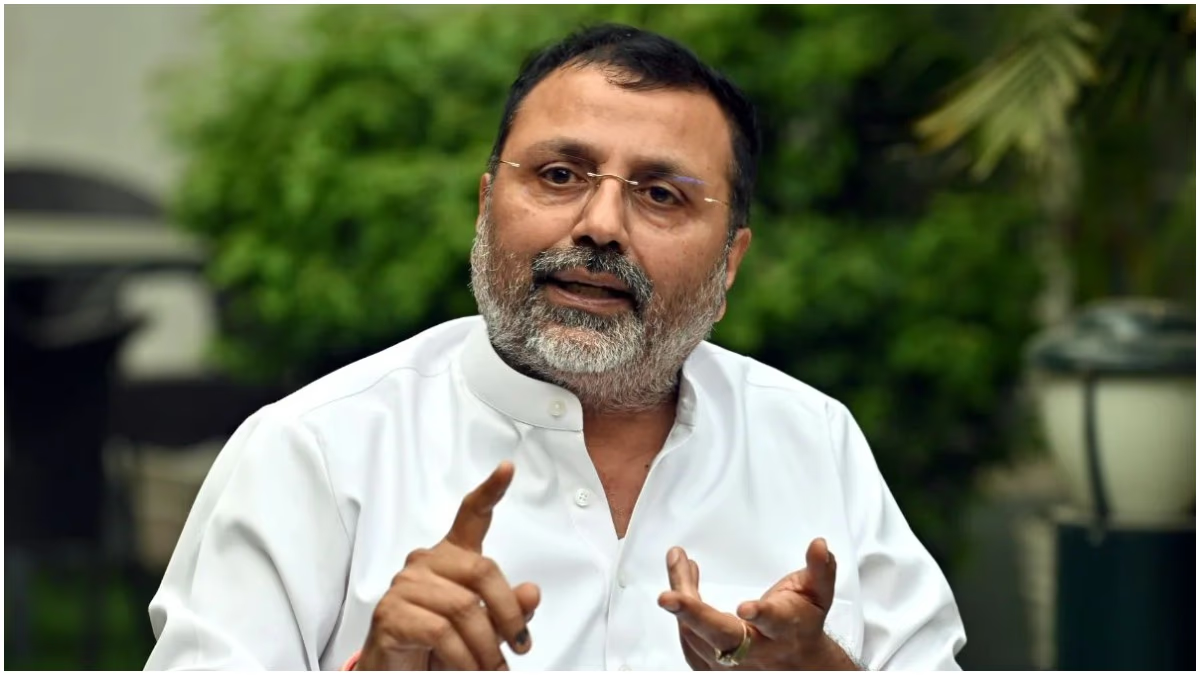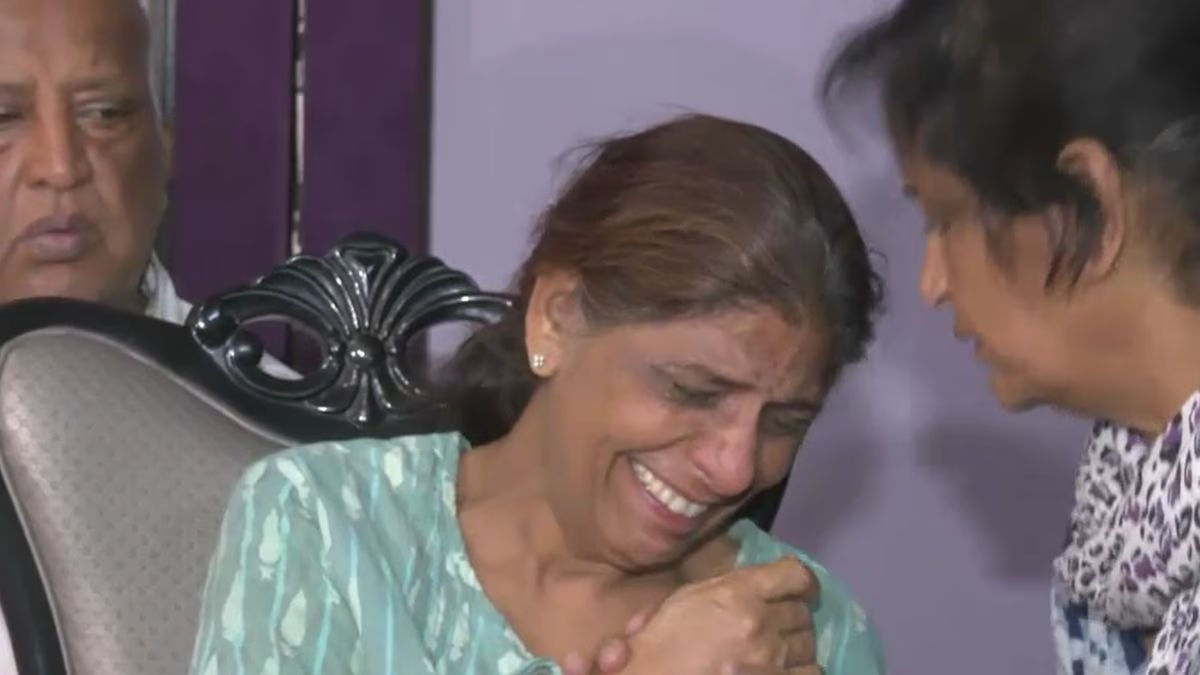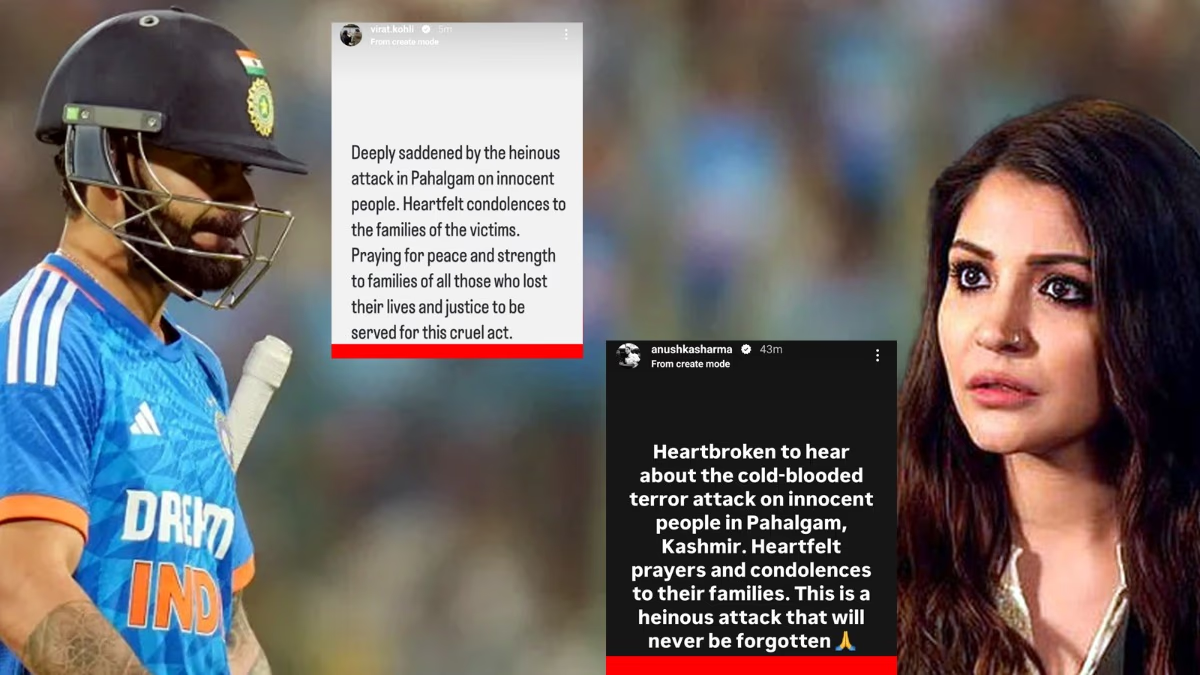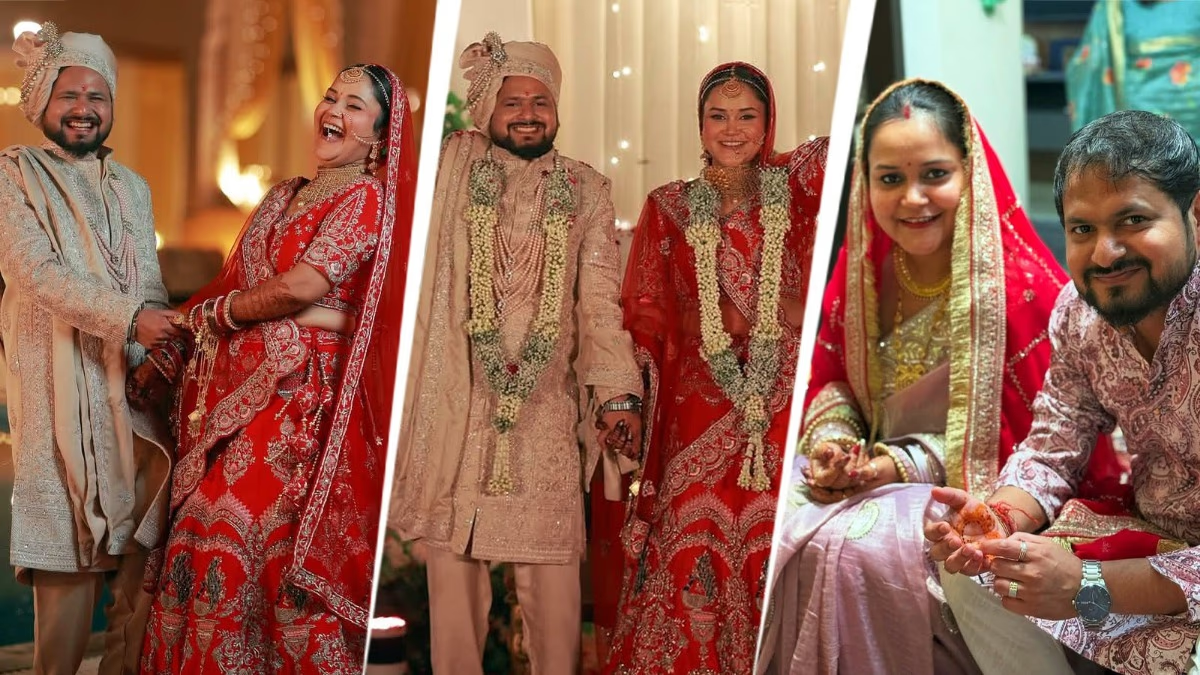Following the Pahalgam attack, BJP MP Nishikant Dubey made a strong statement. He emphasized that "Right or wrong, the Kashmir under Pakistan's control must be ours, be patient, this is Modi's government led by Home Minister Amit Shah." Dubey raised the issue of secularism in a post on X, expressing concerns over voting rights granted to minorities.
The BJP MP questioned why, in a country divided on the basis of Hindus and Muslims, Muslims are given more rights under the minority card for vote-bank politics. He strongly discredited the secular leaders.
Recently critical of the Supreme Court, Godda's MP Nishikant Dubey reiterated that "Right or wrong, the Kashmir under Pakistan's control must be ours. Be patient, this is Modi's government led by Home Minister Amit Shah."
Nishikant Dubey has proposed eliminating some constitutional fundamental rights. He advocates it is time to abolish Articles 26 to 29.
Let's now understand what Articles 26, 27, 28, and 29 entail and why Dubey wants them removed.
Essentially, these articles in the Indian Constitution are related to religious freedom and cultural-educational rights.
Article 26: Freedom to manage religious affairs
This article provides individuals and religious communities the liberty to operate their religious activities independently.
According to this article, every religious sect or its subdivision can establish and maintain institutions for religious and charitable purposes.
It can manage their religious affairs independently.
It can acquire and manage property for religious and charitable purposes.
However, these provisions are subject to public order, morality, and health.
Article 27: Freedom from taxes for promotion of a religion
This article states that no person shall be compelled to pay taxes for the promotion or maintenance of any particular religion or religious denomination.
This ensures that taxes collected by the state do not aid any religion.
Article 28: Freedom as to attendance at religious instruction or religious worship in certain educational institutions
Article 28 relates to the freedom of conscience and provides protection from being forced to partake in religious activities in educational institutions. It states that educational institutions fully maintained by the state cannot provide religious instruction.
Institutions receiving state aid can only offer religious education if it's not compulsory and with students' consent.
Students cannot be compelled to participate in religious worship.
This article ensures religious freedom within educational institutions.
Article 29: Protection of interests of minorities
This provision grants minorities the right to preserve their culture and language.
It allows any citizen group to conserve its language, script, or culture.
It mandates that no person, under the guise of religious, racial, caste, or language distinctions, shall be denied admission to any educational institution maintained or aided by the state.




